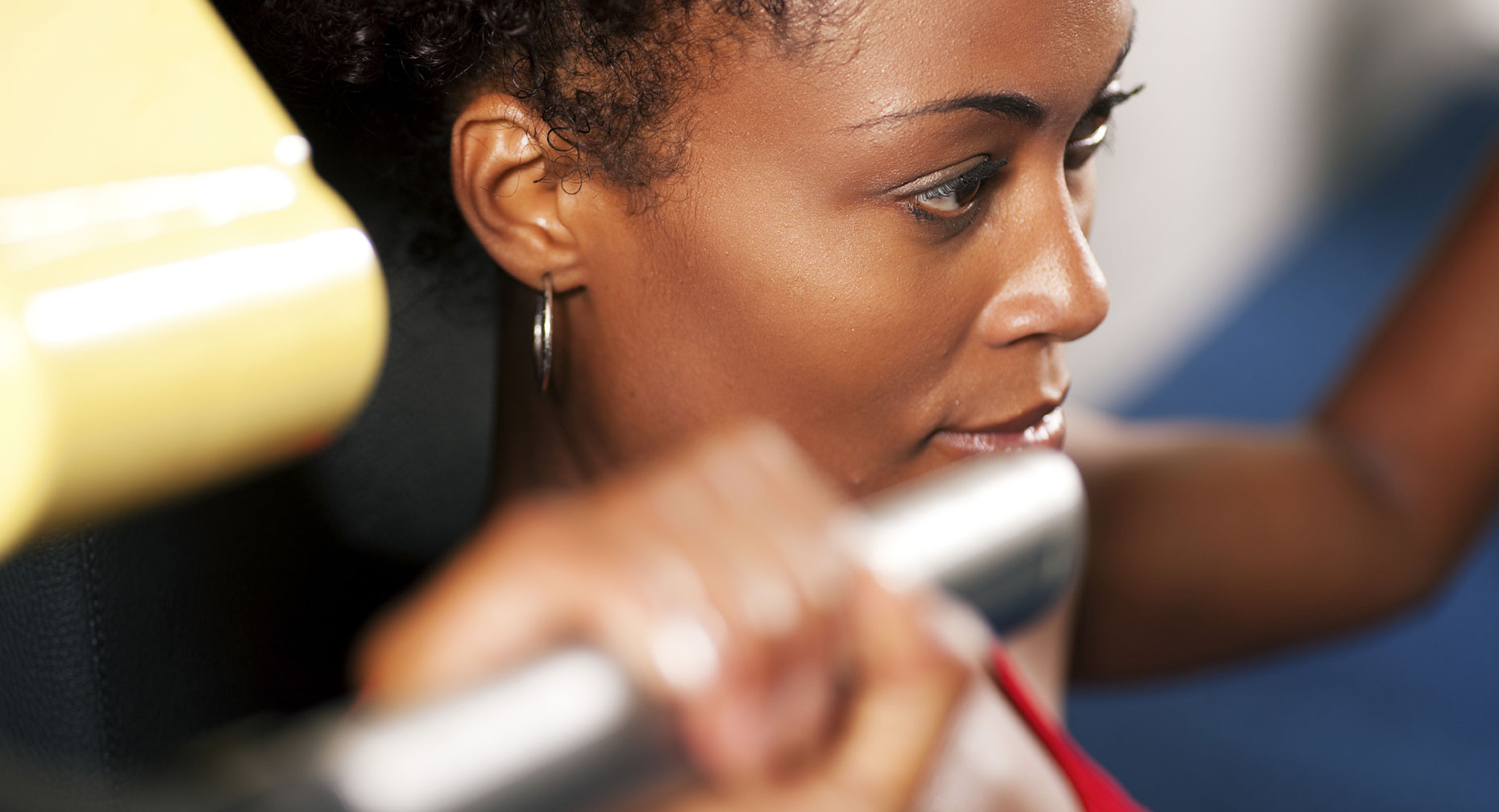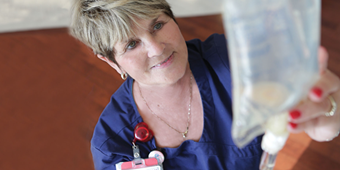Can Healthy Living Prevent Cancer?

Answer a few questions and we'll provide you with a list of primary care providers that best fit your needs.
Cancer can affect anyone at any age. And the risk of developing the disease, including breast cancer, increases as you get older. Even so, simple lifestyle changes can decrease your chances of getting cancer – and help you stay healthier overall:
- Don’t smoke. The link between smoking and lung cancer is clear. Smoking causes about 80 percent of lung cancer deaths in women. If you do smoke, ask your doctor about aids for quitting, like nicotine patches and prescription medications.

- Maintain a healthy weight. If you are overweight or obese, you raise your risk of developing endometrial (uterine), breast and colorectal cancers. Losing even a little weight will help. Talk to your physician about changes you can make to drop those extra pounds.
- Watch what you eat. Cut back on red and processed meats, and fill your plate with fruits and vegetables – at least 2½ cups daily. Focus on whole grains, and avoid high-calorie foods and drinks.
- Limit alcohol. If you drink regularly, you increase your risk of getting mouth, larynx or throat cancer. Excessive drinking can also play a part in liver, colorectal and breast cancer. For women, this means no more than one alcoholic drink a day.
- Get moving. Regular physical activity is important. You don’t have to join a gym – think walking, biking or gardening. Try to limit how much time you spend watching TV or sitting at the computer.
- Cover up. If you’re outside during the day, especially between 10 am and 4 pm when the sun is at its most intense, wear a hat and sunglasses. And use a broad-spectrum sunscreen that is 30 SPF or higher.
Smoking causes about 80 percent of lung cancer deaths in women.
- Get regular screenings. Talk to your doctor about which cancer screenings are appropriate for you, such as mammograms, pap tests and colonoscopies.
- Examine yourself. You know your body best. In between doctor visits, do your own breast self-exams, and check your skin for anything that looks unusual. If you find something troubling or out of the ordinary, tell your health care provider.
Answer a few questions and we'll provide you with a list of primary care providers that best fit your needs.
Source: Premier HealthNet




